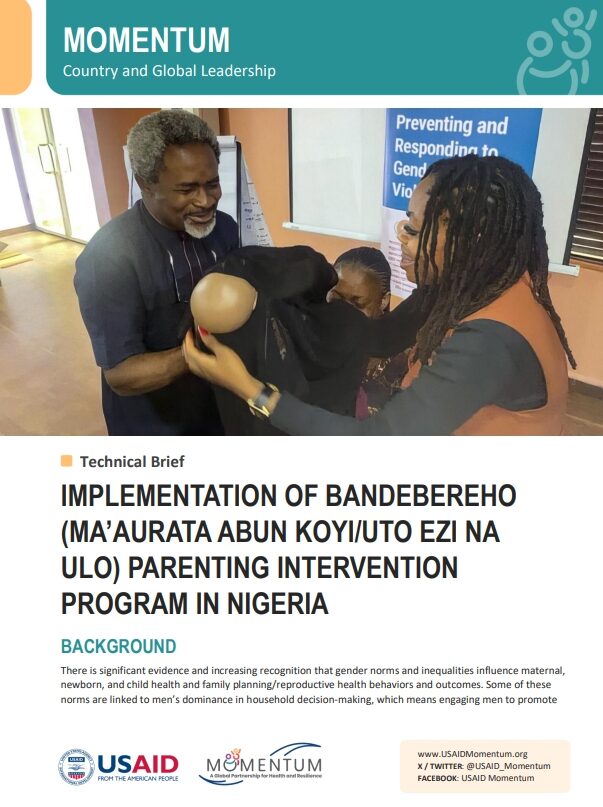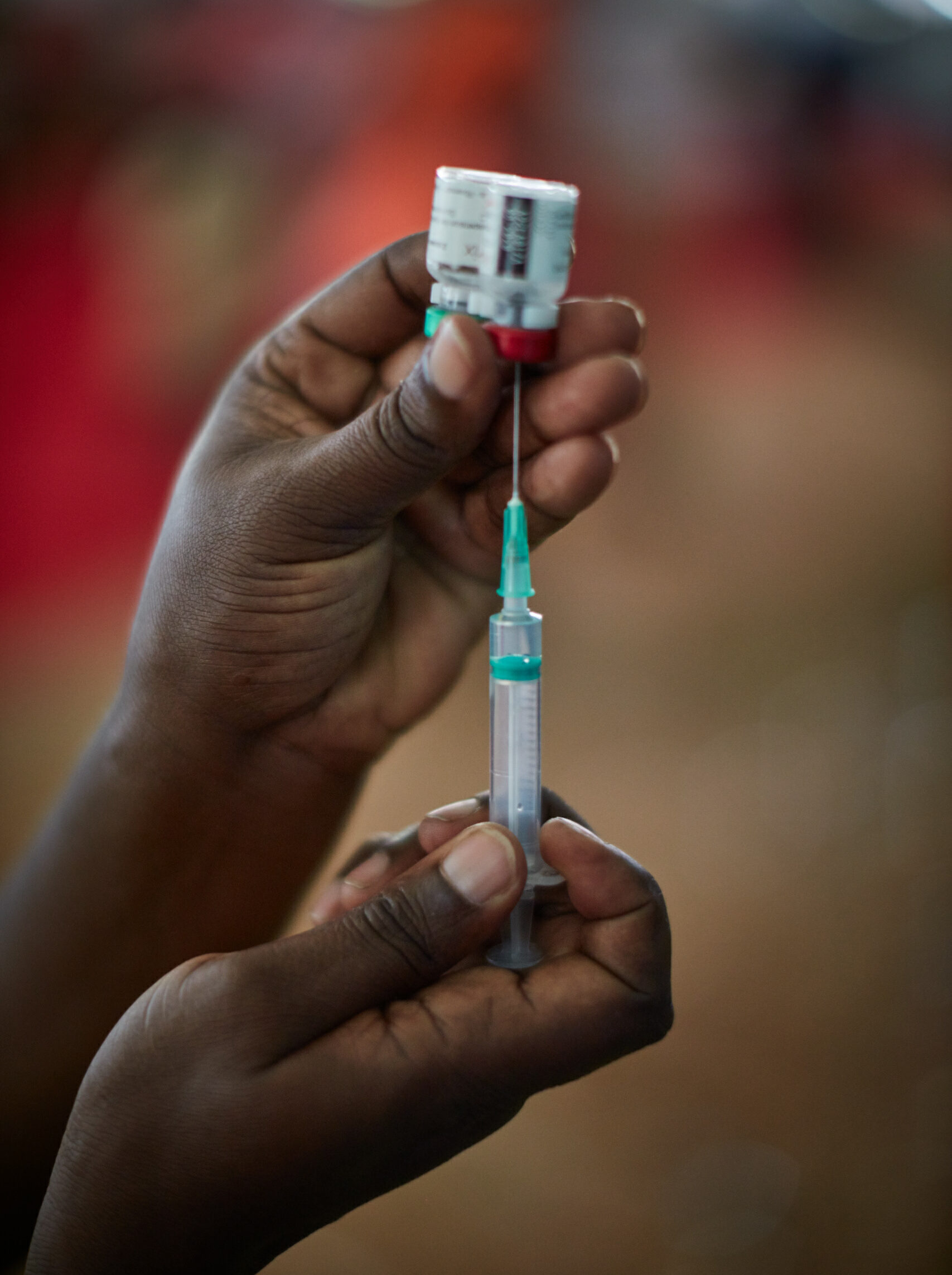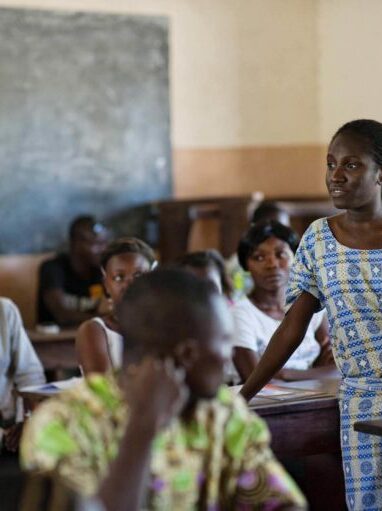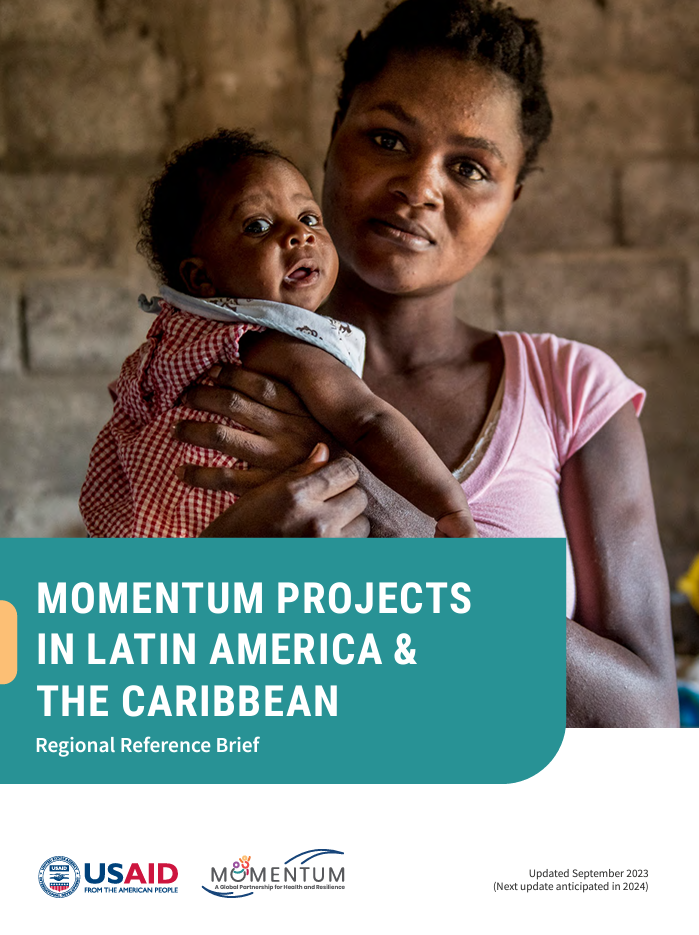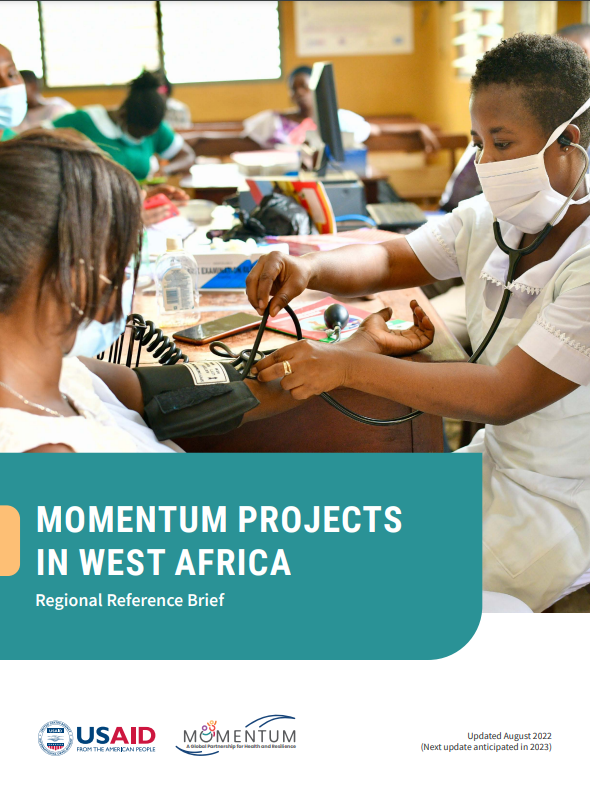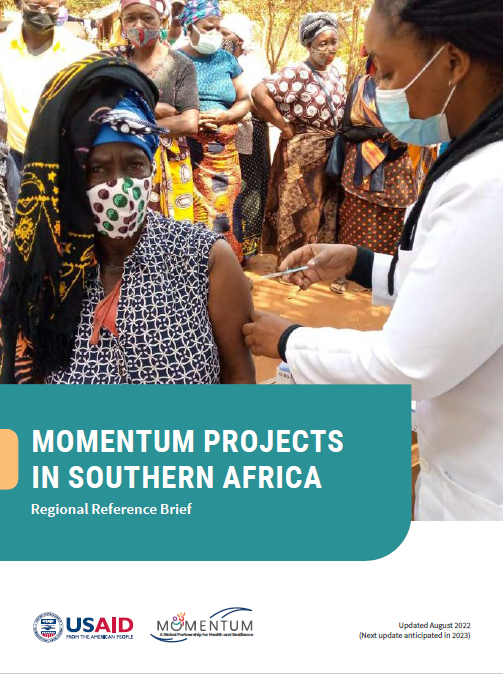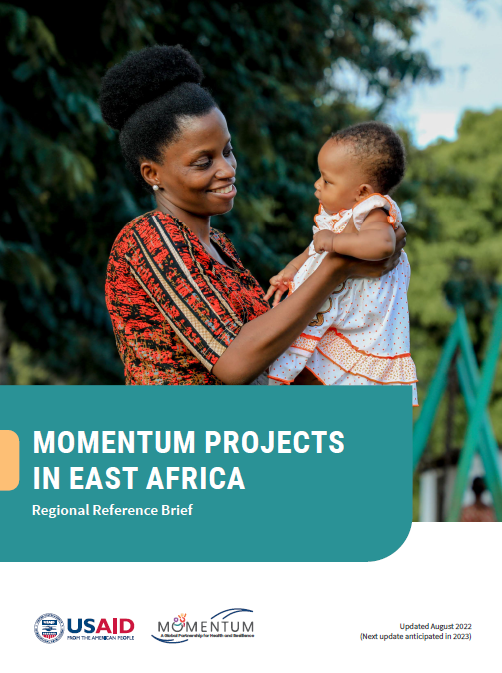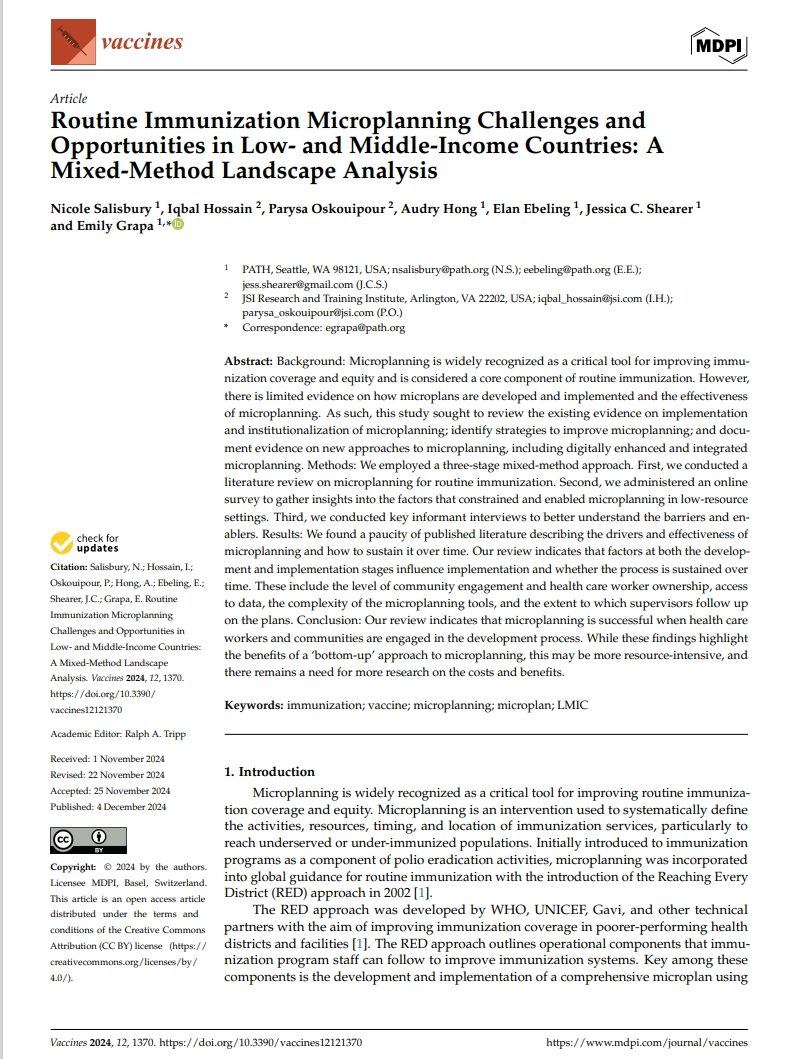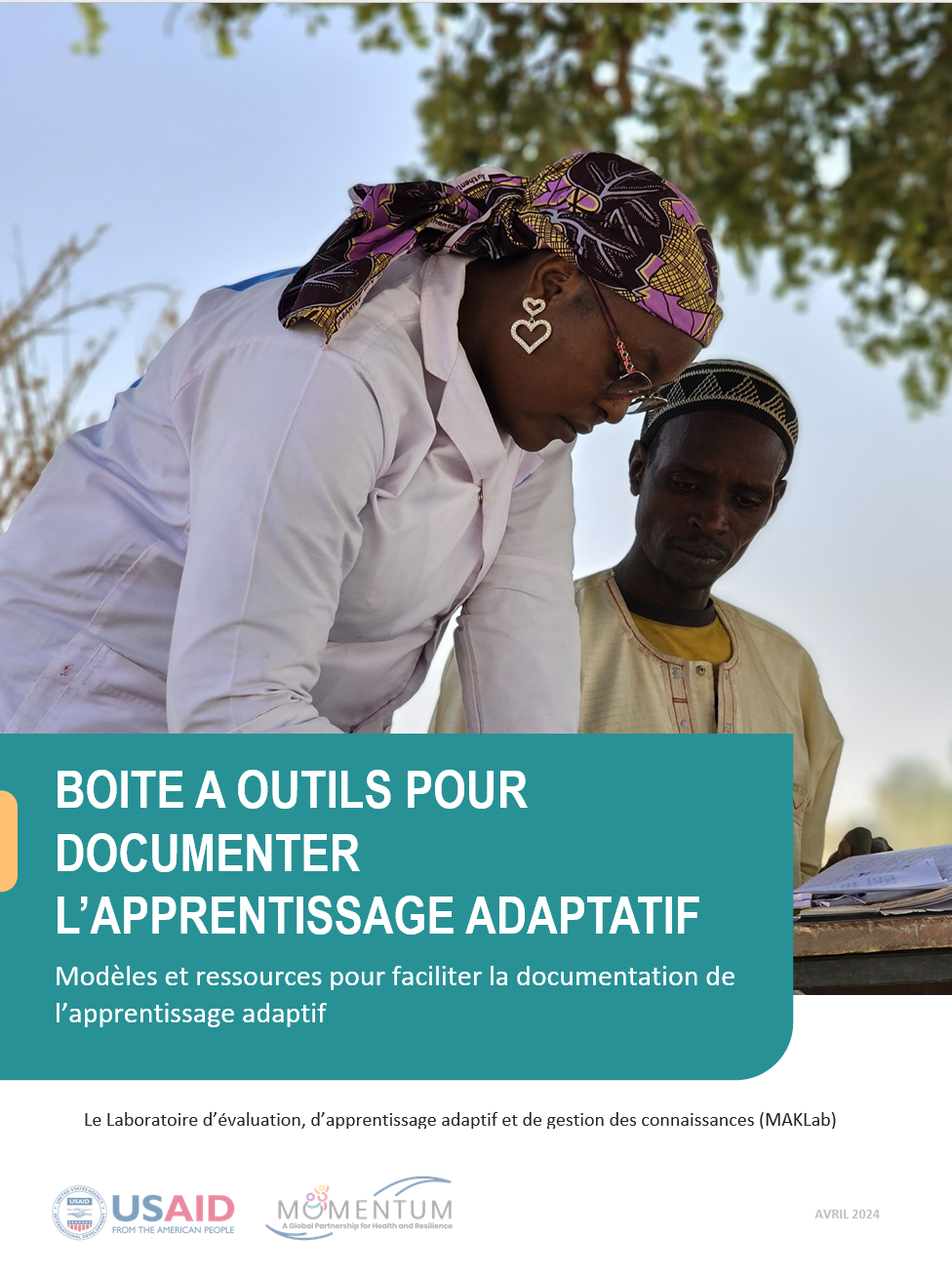MOMENTUM · A global partnership for health and resilience
Your privacy and security are very important to us. Please be aware that MOMENTUM Knowledge Accelerator does not collect personal information when you visit our website, unless you choose to provide that information. However, we do collect some technical information about your visit. Read our Privacy Policy.
Sign up for Our Newsletter
The MOMENTUM newsletter brings you the latest insights and resources on maternal, newborn, and child health.
You can unsubscribe at any time.


